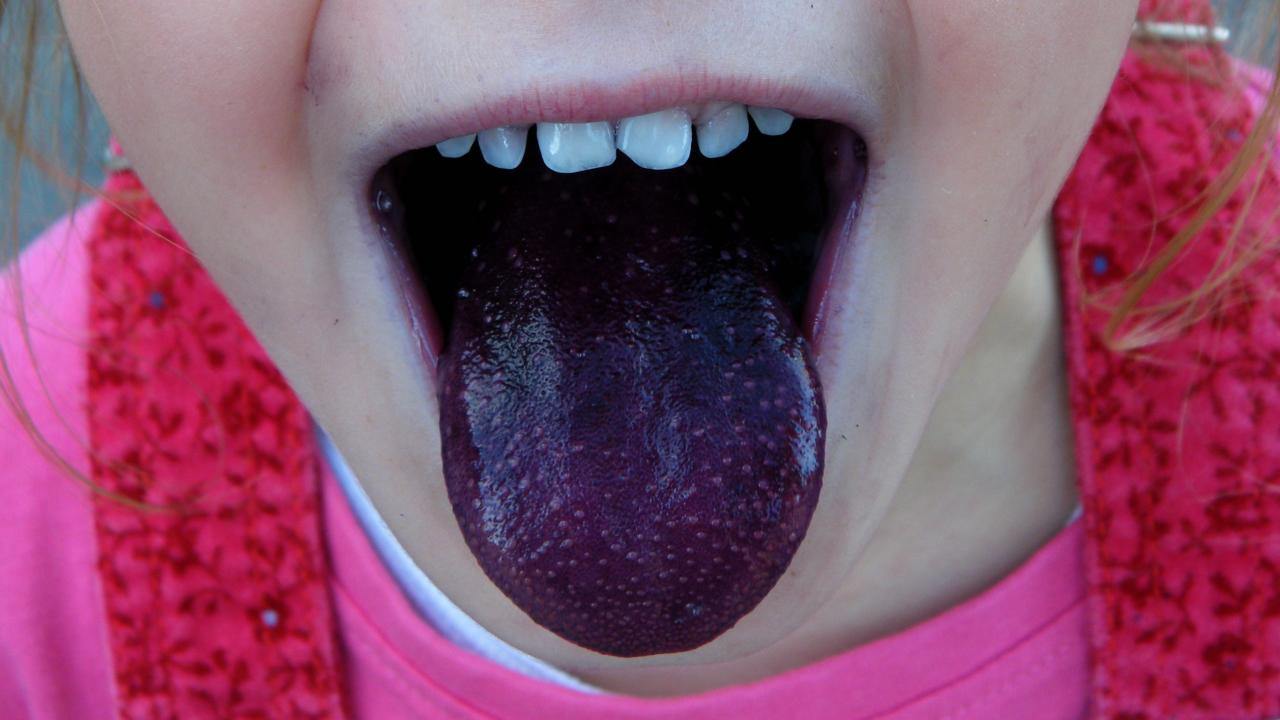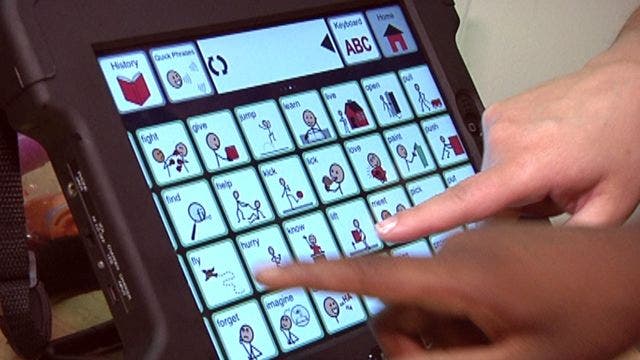- Image Courtesy of www.covermytimeline.com
It’s almost turkey time, so get the holiday started off right with a few Thanksgiving speech therapy games that build articulation skills and improve communication – in a fun and engaging way.
Gobble Up Articulation with These 10 Thanksgiving Speech Therapy Games!
1. Fill a Cornucopia of Vocabulary Words – You can play this activity for several days and use either an actual cornucopia (I have both a decorative wire one and wicker ones), or print one like this and have your child color it. Then cut pieces of paper into small shapes – I like to make pumpkins, corn, and other simple festive shapes on orange, red, yellow, and brown paper. Work with your child on building target vocabulary words and every time one is considered “achieved” or “mastered”, add it to the cornucopia. If you’re using a paper version, just glue or tape the words on the paper cornucopia and hang it in an area of the house that is easy for your child to see. Continue reading




